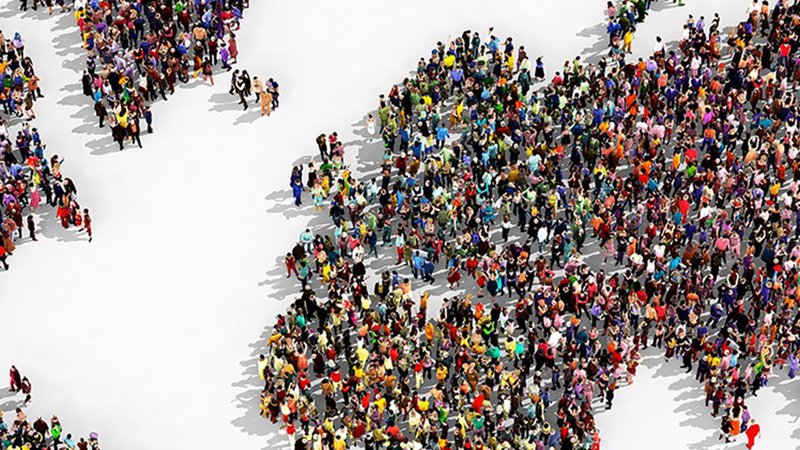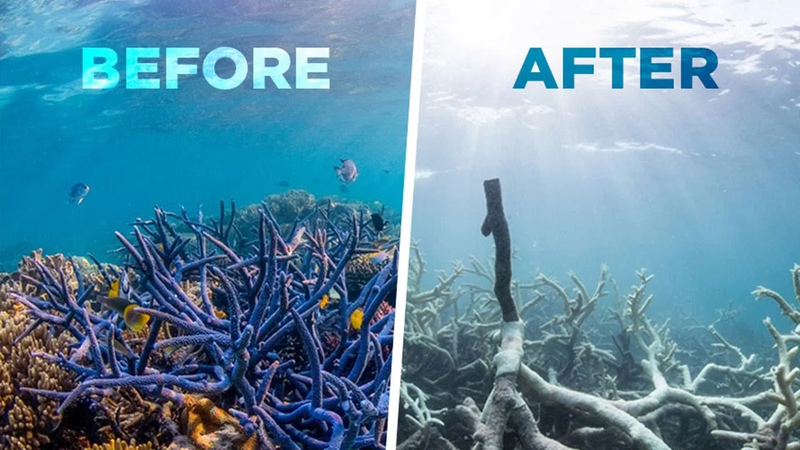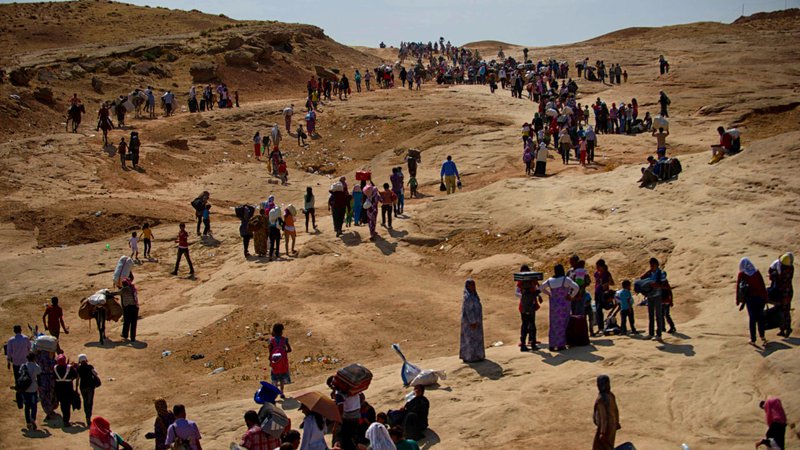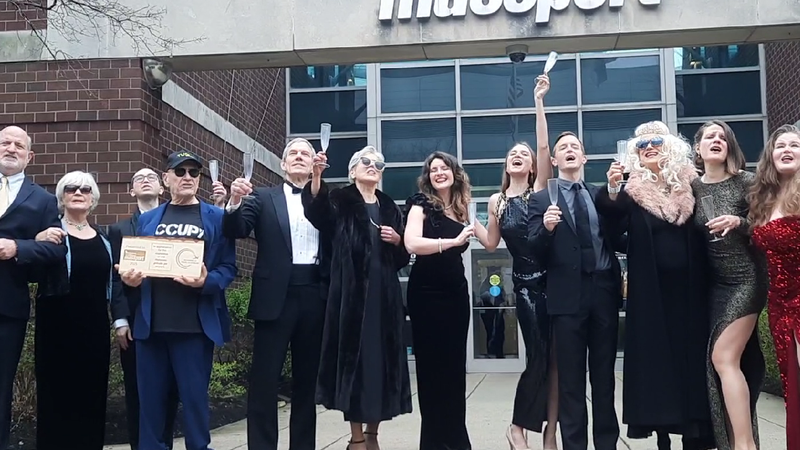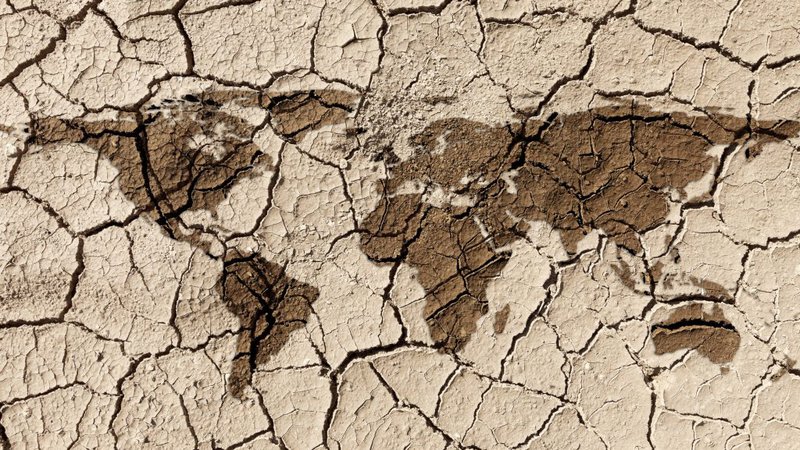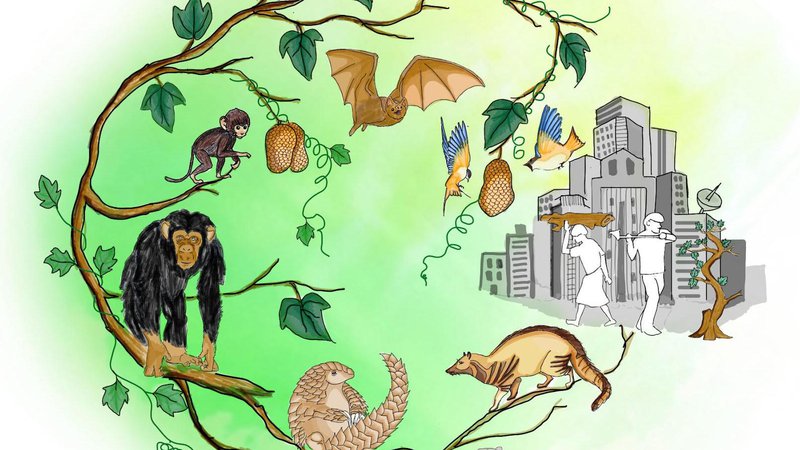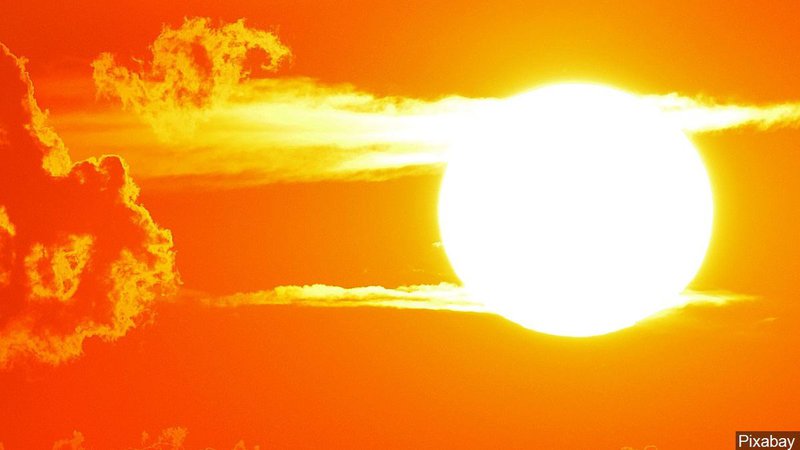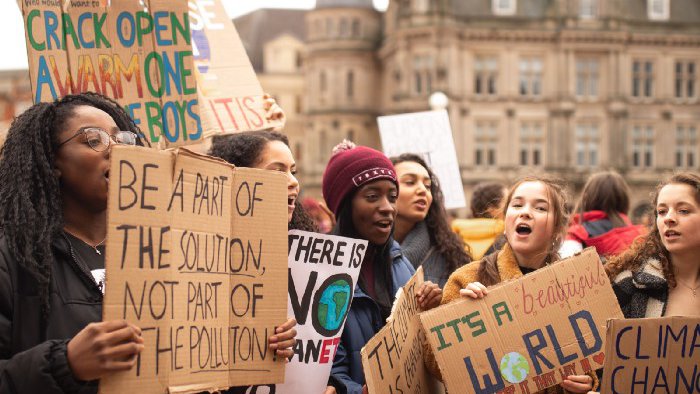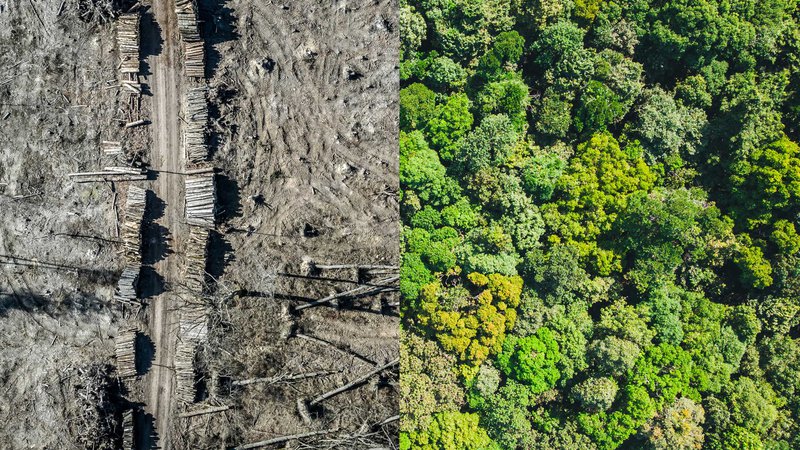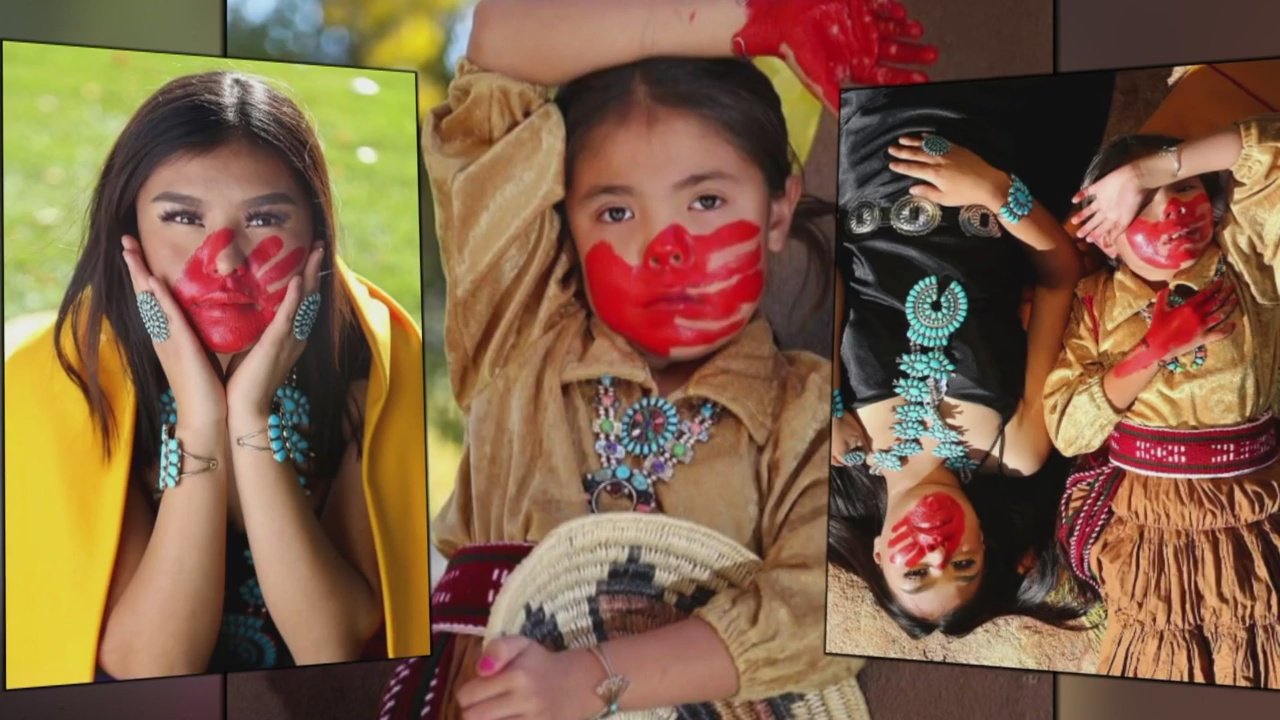
Missing and Murdered Indigenous Women and Girls
Indigenous women and girls continue to face disproportionately high rates of sexual abuse, domestic violence, human trafficking, and murder. These cases often fall through juridicial tracks because of lack of transparency and poor communication between tribal law enforcement, local police, and the United States Department of Justice. Tribes are working to ensure that anyone who commits acts of violence against Indigenous women and girls on their land face legal punishment.
Read a round-up of the headlines below:
CTV News, "National action plan for missing and murdered Indigenous women delayed"
"The one-year anniversary since the inquiry concluded and issued its 1,200-page final report and 231 "calls for justice" will come in early June. In recent days, Indigenous women's groups have pleaded with Ottawa for the plan to be fast-tracked because the stress of the pandemic has exacerbated the violence facing many Indigenous women and girls.
But the pandemic has also made delivering the plan next month impossible, Bennett said in an interview with The Canadian Press.
The inquiry delivered its final report June 3, 2019 with a stunning conclusion that decades of persistent and systemic racism and human rights violations had contributed to the deaths and disappearances of hundreds of Indigenous women and girls and that it constituted a genocide."
A state inquiry into missing and murdered Indigenous women in Minnesota is taking lessons from Canada on how to make sure its upcoming report doesn't end up gathering dust on a shelf.
Minnesota's task force is trying to do in just 15 months much of what Canada's $92 million federally-funded national inquiry accomplished in four years. It has reached out to Marion Buller, the former chief commissioner of the national inquiry, for advice.
Nigel Perrote is the tribal liaison for the Minnesota Department of Public Safety and is coordinating the task force. He said the mission initially felt like a "double-edged sword," especially since Canada set a high bar.
Fox 11, "Wisconsin Department of Justice creates missing and murdered Indigenous women task force"
"The purpose of this task force is to actually look at the root causes of the violence against Indigenous women. To look at some of the data collection issues, or lack thereof, and especially the confusion around jurisdictional issues," Welch said.
Welch says MMIW is an issue everyone should care about.
"I don't think there's anyone that hasn't been affected by MMIW, especially in Indian Country. But what we're asking is people to understand that it goes across jurisdiction, and across society. So it doesn't just affect Indigenous people. It affects everybody," Welch said.
Indian Law Resource Center, "Ending Violence Against Native Women"
In the United States, violence against indigenous women has reached unprecedented levels on tribal lands and in Alaska Native villages. More than 4 in 5 American Indian and Alaska Native women have experienced violence, and more than 1 in 2 have experienced sexual violence. Alaska Native women continue to suffer the highest rate of forcible sexual assault and have reported rates of domestic violence up to 10 times higher than in the rest of the United States. Though available data is limited, the number of missing and murdered American Indian and Alaska Native women and the lack of a diligent and adequate federal response is extremely alarming to indigenous women, tribal governments, and communities. On some reservations, indigenous women are murdered at more than ten times the national average.
Statistics define the scale of the problem, but do nothing to convey the experience of the epidemic. They tell part of the story, but fail to account for the devastating impacts this violence has on the survivors, Indian families, Native communities, and Indian nations themselves. Native children exposed to violence suffer rates of PTSD three times higher than the rest of the general population. Nevertheless, the statistics make absolutely clear that violence against Native women is a crisis that cannot wait to be addressed.
Cultural Survival, "Addressing the Epidemic of Missing & Murdered Indigenous Women and Girls"
Native American women are murdered and sexually assaulted at rates as high as 10 times the average in certain counties in the United States—crimes overwhelmingly committed by individuals outside the Native American community. These crimes are particularly likely in remote settings where transient workers - oil workers, for example - live in temporary housing units called “man camps” on and near Tribal lands. Their crimes fall between jurisdictional cracks, leaving victims and their families without recourse.
As Nick Martin summarized, these are “Patterns of violent men and extractive industries breezing through land they do not own to take lives that do not belong to them. Patterns of Tribal sovereignty being undermined and jurisdictional borders being crossed. Patterns of police dismissing concerned mothers and fathers and aunties and grandparents with the excuse that ‘runaways always come back.’ Patterns of coroners dodging paperwork and scrawling ‘other’ next to the line titled ‘Race’ and ‘accidental death’ next to ‘C.O.D.’ Patterns of government officials, top to bottom, ignoring practical, sovereignty-first reforms and instead hoarding the kind of power that keeps the crisis alive.”
Take Action
Related Stories:
Featured:
-
The third annual Week of Rebellion is full of opportunities for celebration and action!
-
Our government had the opportunity to finally turn our state into a "climate leader," and they decided yet again to prioritize profits and political posturing over the well-being of residents.
-
Prominent climate scientists and activists demand immediate climate action in the United States.
-
Stop the Fossil Fuel Industry, Now: List of events for Extinction Rebellion Boston's September week of rebellion
-
A compilation of books, movies, articles, and ways to take action to protect Black lives
-
Nadia Colburn, PhD and member of Extinction Rebellion Media team, discusses how to talk about the climate and ecological crisis with family and friends.
Upcoming Events:
-
Fri Feb 20th @ 6 p.m.
-
Sat Feb 21st @ 2 p.m.
-
Sun Feb 22nd @ 10:15 a.m.
